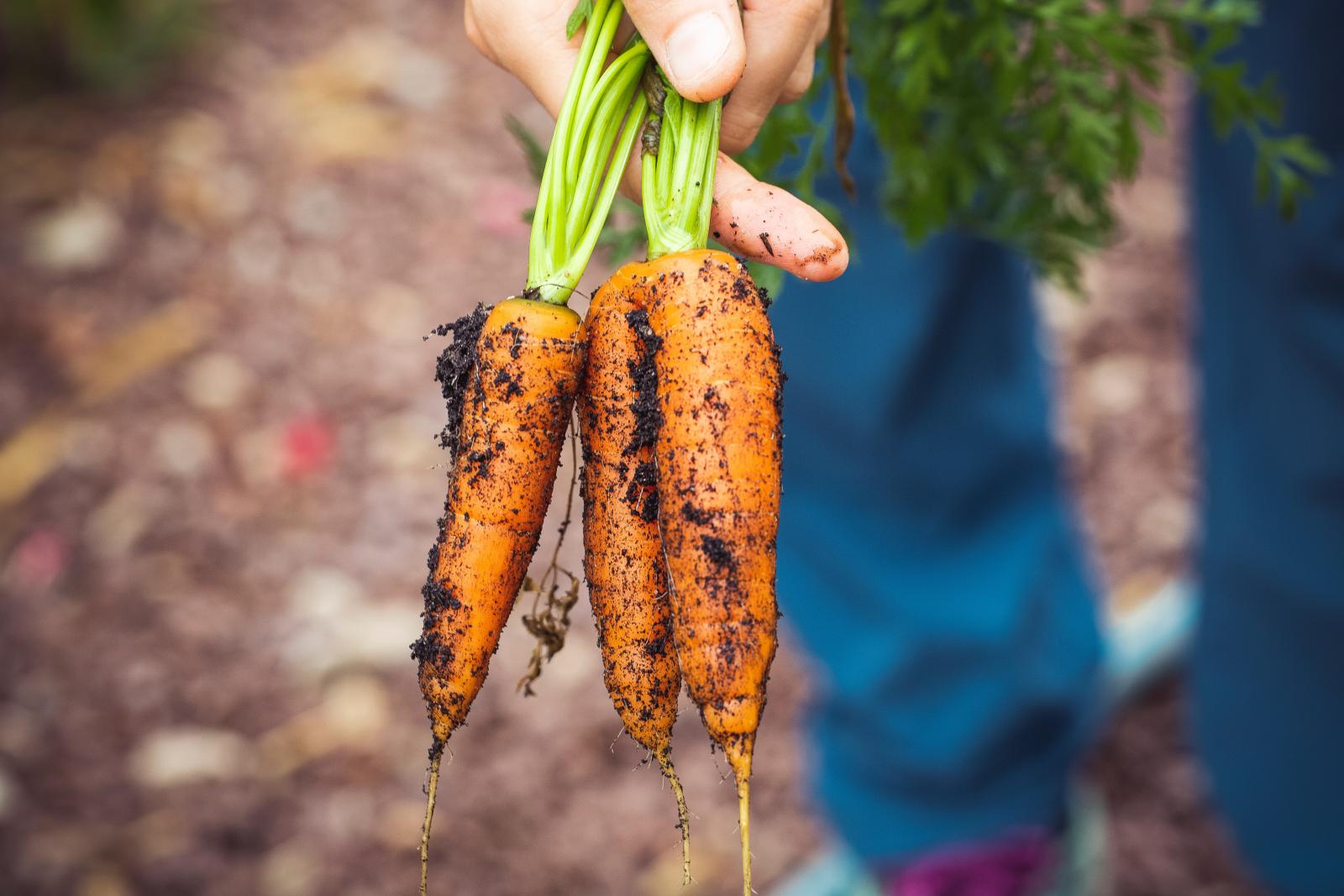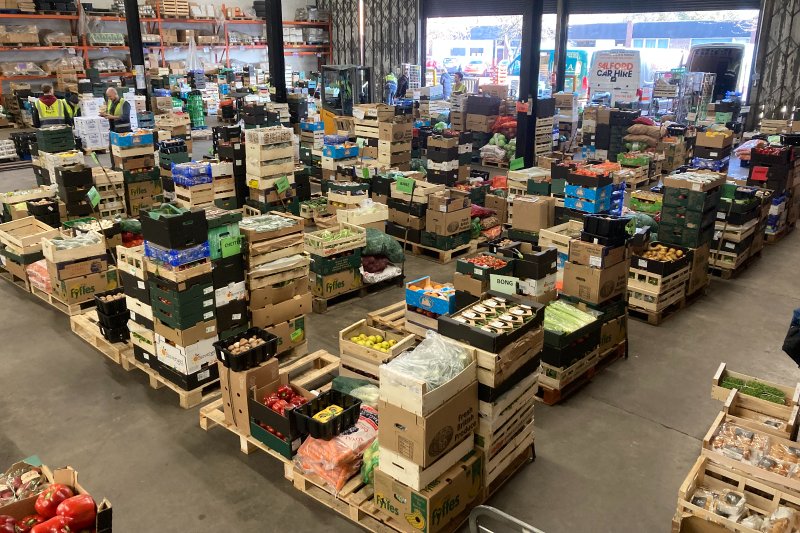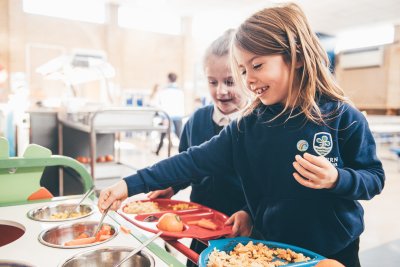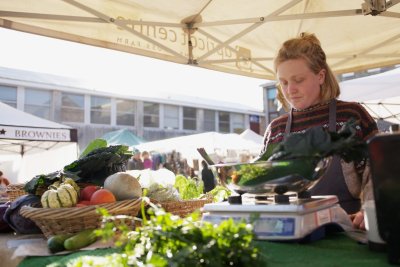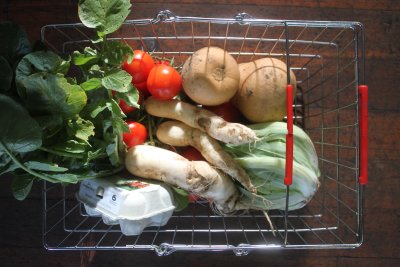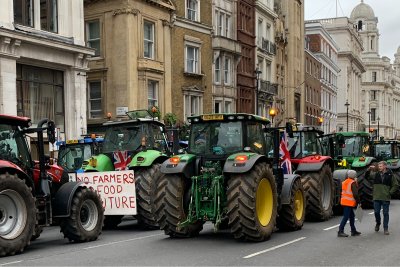A Good Food Economy means a diverse and thriving supply chain from ‘farm to fork’. It supports decent livelihoods for farmers, fishers and food producers at home and abroad, and ensures manufacturers, suppliers, retailers and caterers make healthy, sustainable and culturally appropriate options the easy and attractive choice for everyone, with minimal waste.
We all can change our food system by ‘voting with our purse’, but what we eat is mainly influenced by those who supply our food.
To transform our food system, we need existing and new enterprises to put sustainability at the heart of their businesses: From those manufacturers creating a circular food economy by giving food a value that would otherwise go to waste to those retailers shortening supply chains and building in better trading standards. We need to see a growth in these innovative and alternative businesses, as much as we need to shift mainstream practices to become more sustainable.
With more and more food being eaten or prepared outside the home, catering and procurement offers one of the most effective ways to drive large scale changes by ensuring more of the produce is healthier and meets higher ethical standards, supporting producer livelihoods and protecting the planet. With £2 billion of taxpayers money spent on food in our schools, hospitals, and other public settings, national, regional and local Government should lead by example, making sure the food they buy is healthy, and sustainable.
Latest news and blogs
What we're fighting for today
10% grocery retail market share for local food across the UK.
Better infrastructure and fairer supply chains that support agroecological farming and good food enterprises, building community wealth and a green economy.
Healthy and sustainable food served in the public sector, such as in schools, hospitals and council run care homes.
Our campaigns
Bridging the Gap aims to make climate and nature friendly food available to everyone by demonstrating ways to build better supply chains for fairer, long term access.
Good Food Enterprise looks at our projects and campaigns which engage directly with retailers and enterprises, such as food coops, shops, markets and more.
Real Bread Campaign champions and supports around 1000 small, local, independent Real Bread bakers and have helped more than 10,000 children in at least 150 schools learn to make Real Bread.
We’re creating a Local Food Plan to get at least 10% grocery retail market share for local food across the UK.
Roots to Work is a platform to advertise and find sustainable food jobs in the UK, whose aim is to help improve the food system by raising the profile of career opportunities within the sector.
